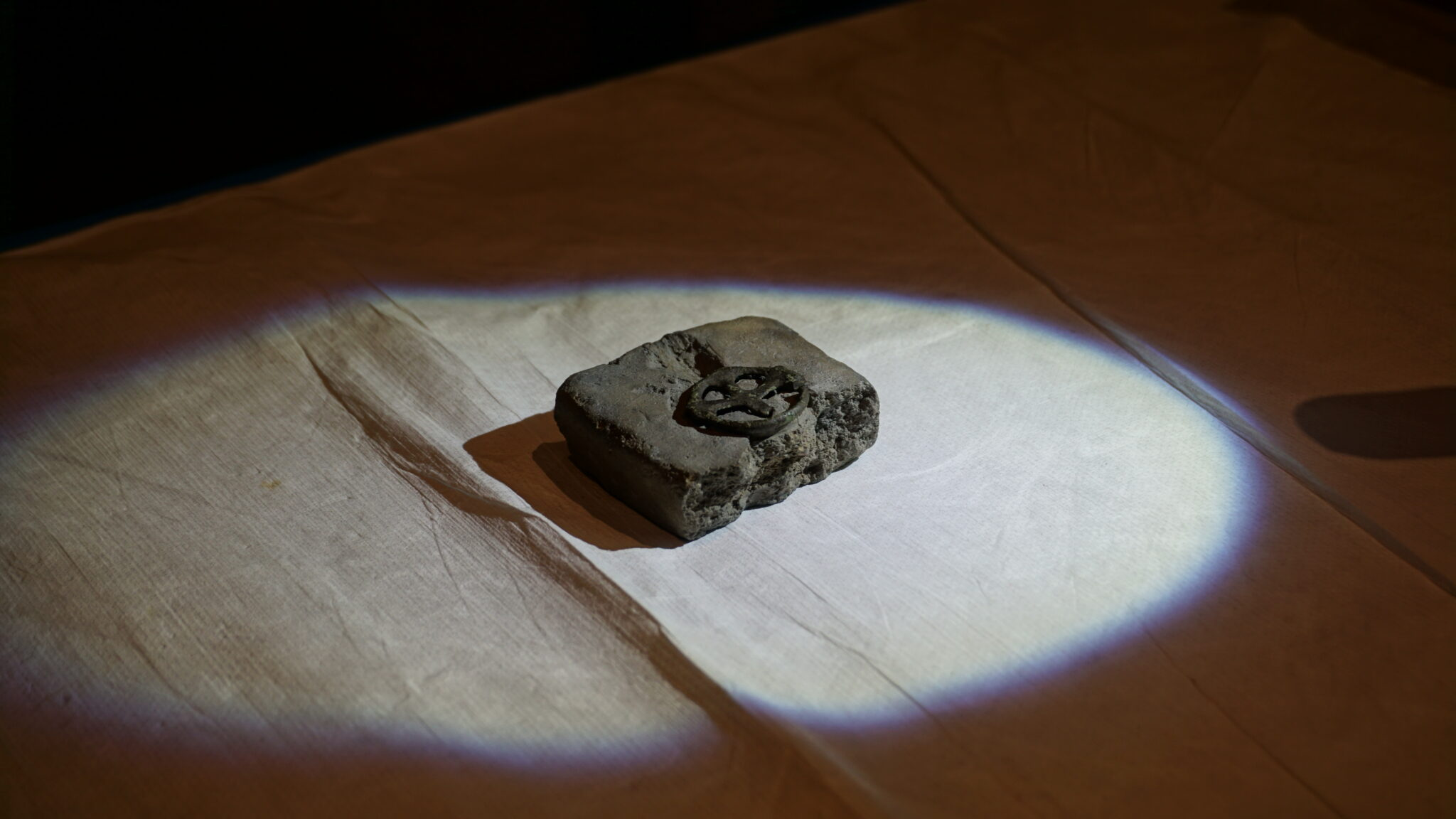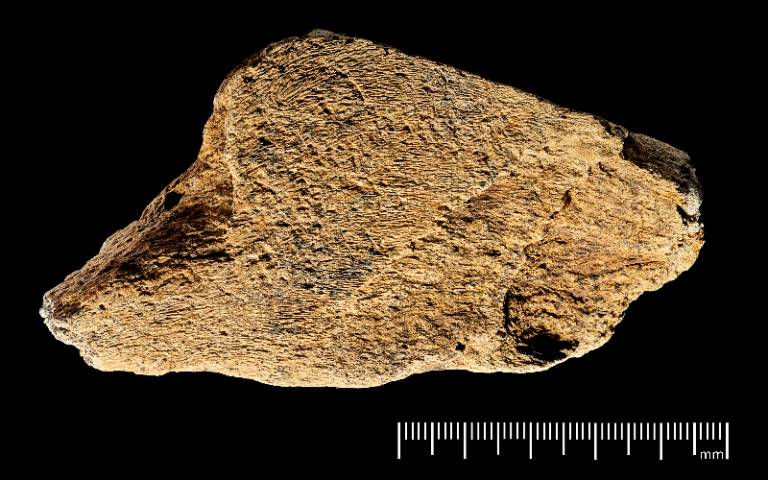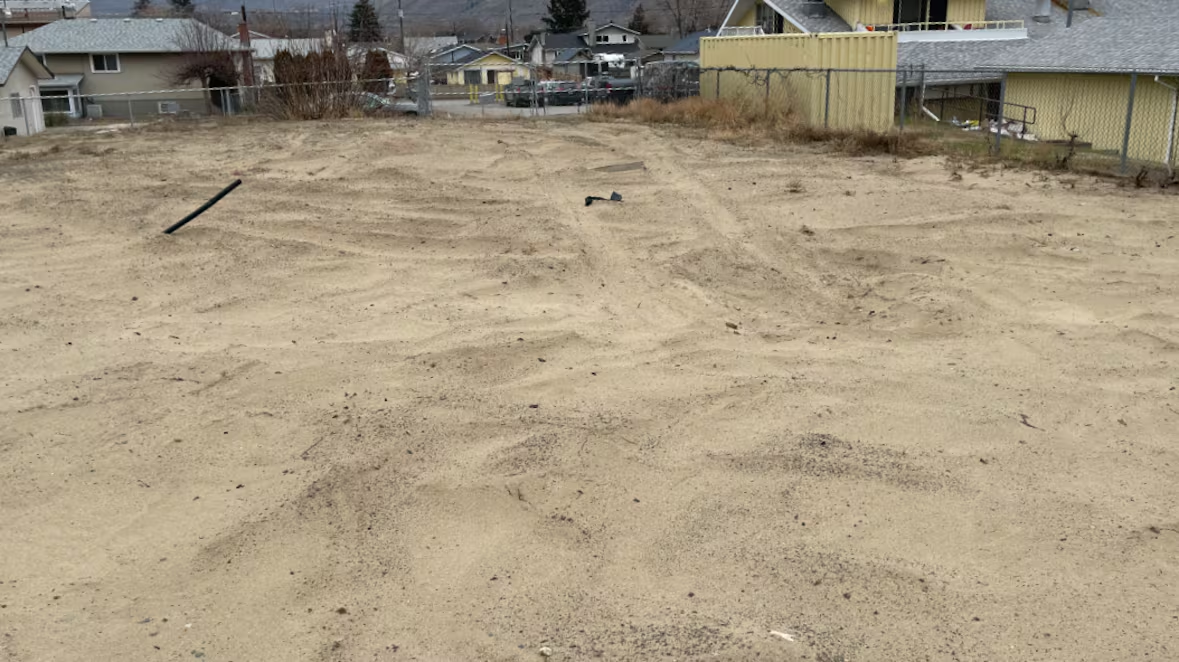Humans are successful predators, but also destructive. We kill and eat many animals, but lack sharp claws, teeth, or strong jaws. Our intelligence and ability to use tools, make weapons, and build shelters have helped us succeed.
However, without these things, we can be vulnerable. Some large predators target humans as prey, but there are also many apex predators that do not hunt humans. Orcas, also known as killer whales, are possibly the most impressive predators on the planet. They belong to the oceanic dolphin family and have adapted to all climates and environments.
Their intelligence, large brains, and impressive social structures allow them to work together effectively and feed on almost all aquatic animals. Orcas are split into different eco-types with different diets, behaviors, and vocalizations, some of which specialize in hunting large mammals or even great white sharks.
Orcas have been known to come into contact with humans, but there has been no recorded instance of an orca hunting a human in the wild. However, there have been documented close calls and attacks in captivity, likely due to poor treatment of the orcas.







